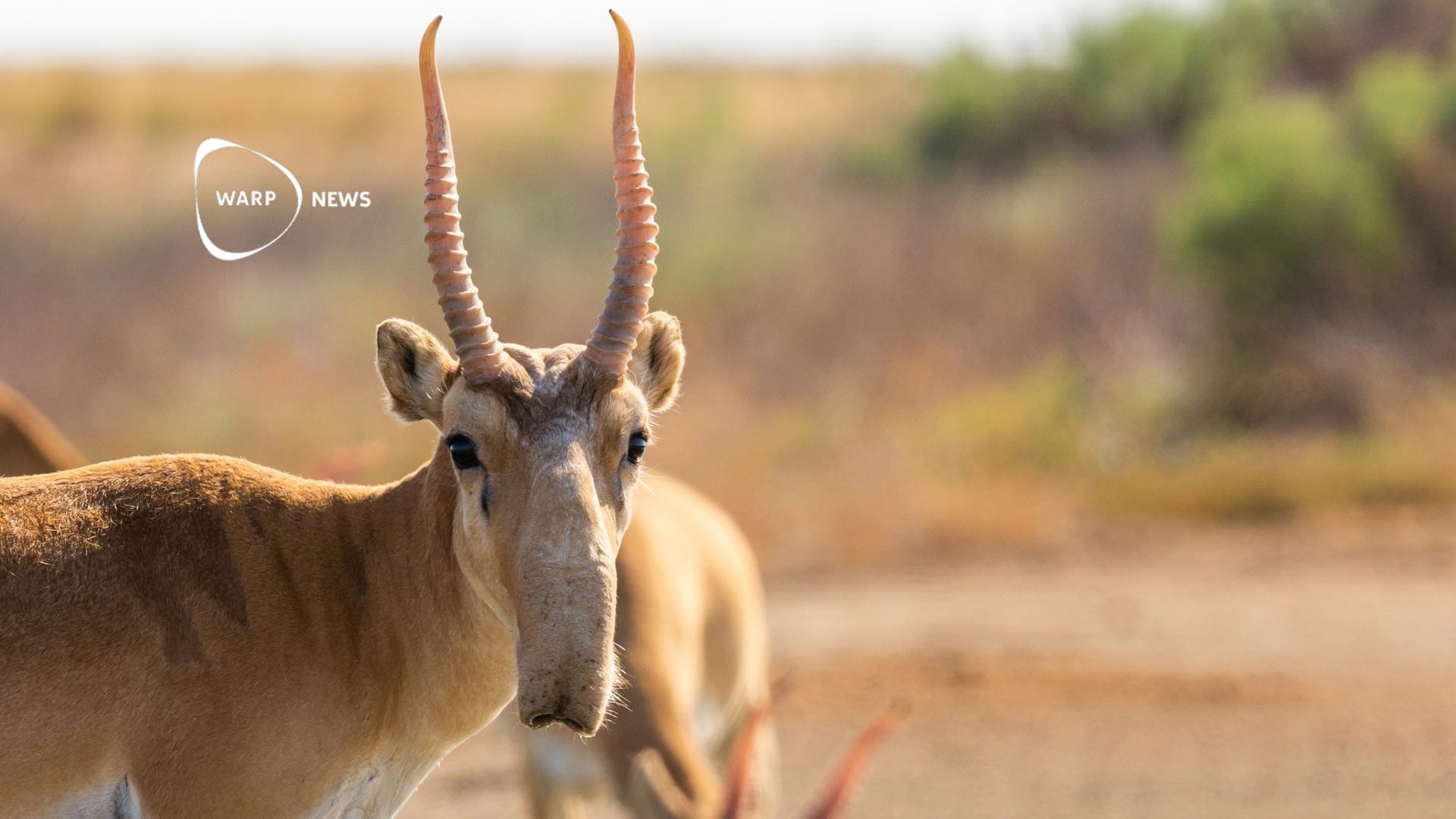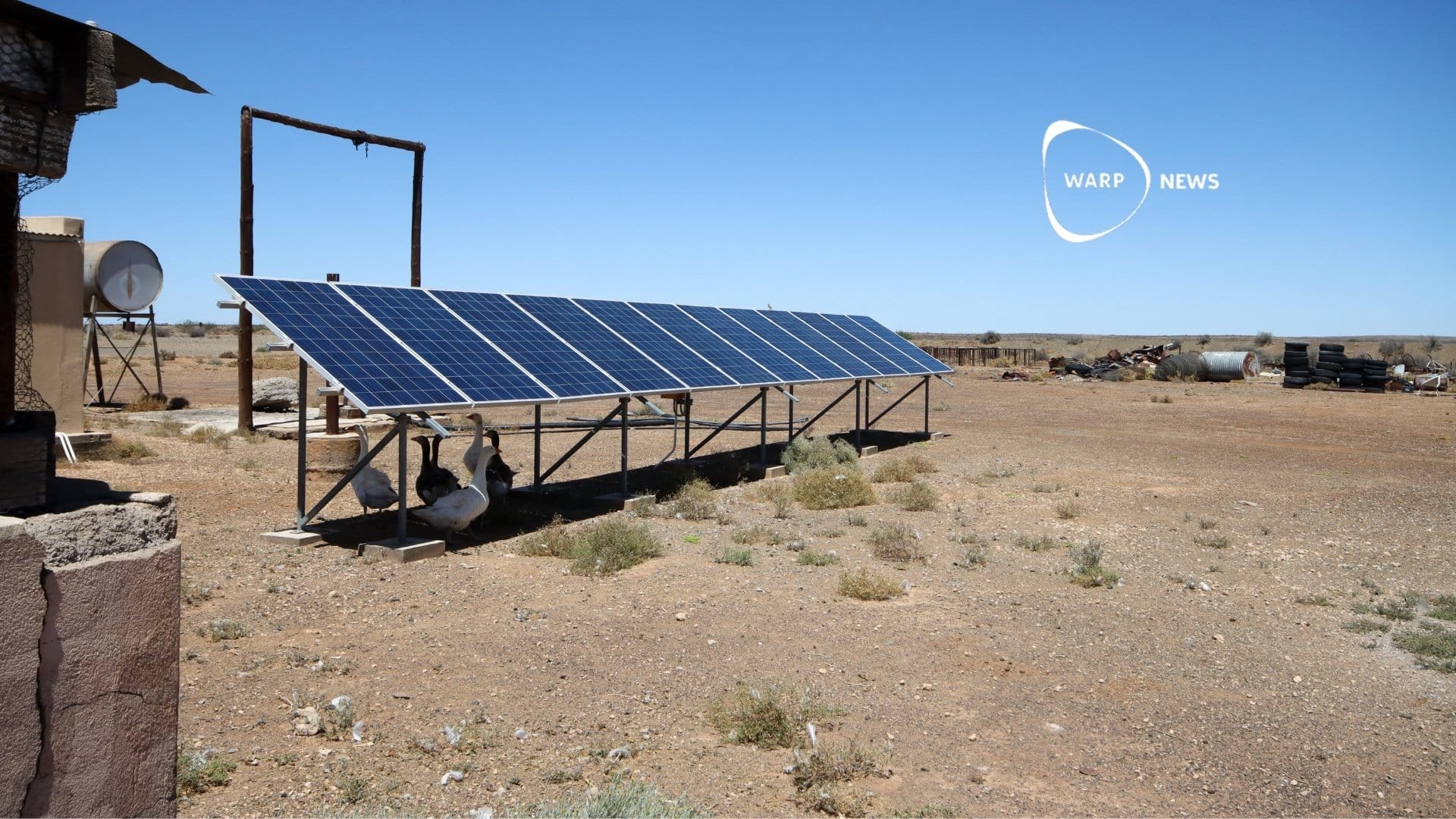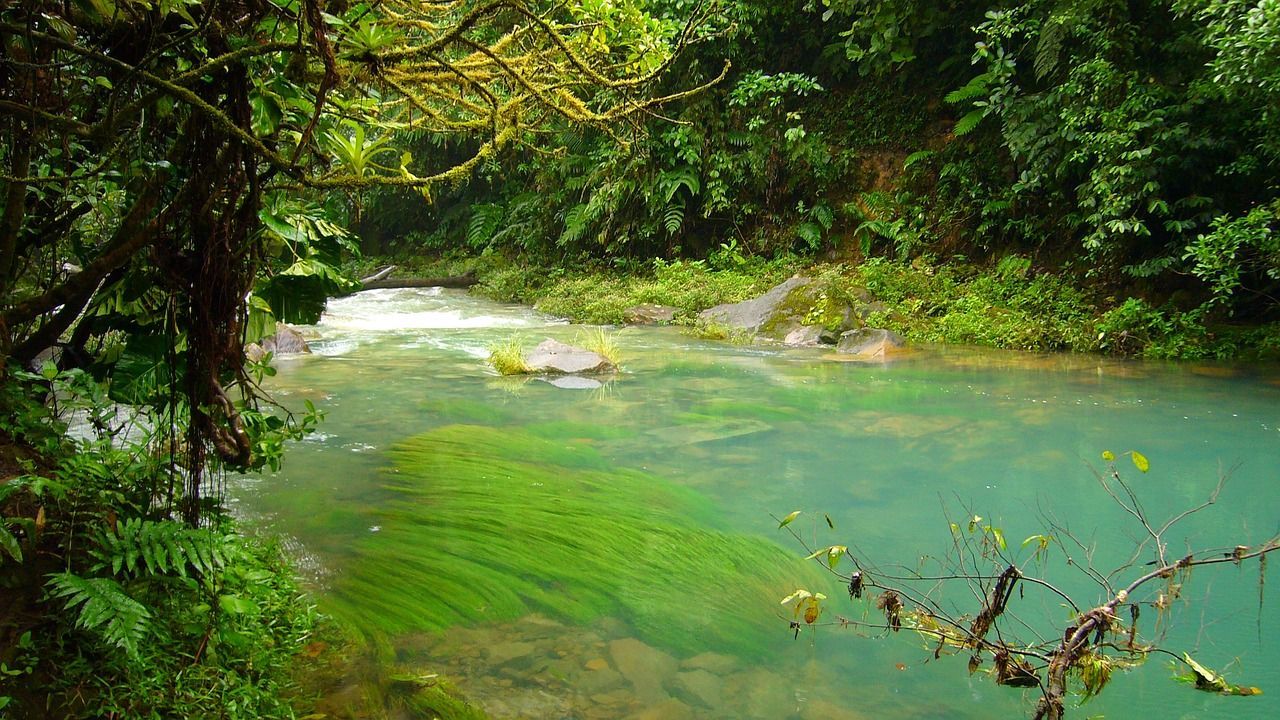
🐼 WWF helps companies to better manage biodiversity
A risk filter will show the companies what risks their own operations pose to biological diversity in the world.
Share this story!
According to the WWF, more than 50 percent of the world's GDP depends on functioning ecosystems. WWF reasons that it is therefore vital, even for companies, to preserve biological diversity. To help companies not put biodiversity at risk with their operations and supply chains, WWF has developed a tool that acts as a risk filter.
"Most companies and financial actors know that they have to deal with the issue of biodiversity, but few know how. Here, the risk filter supports mapping the operation's nature-related business risks. Understanding the risks is a first step toward managing them and being able to set relevant targets for biodiversity, something that more and more companies are probably doing now with the new global framework for nature in place," says Gustaf Lind, Secretary General of WWF, in a press release.
The risk filter includes maps, statistics, and other information that will show a company's risks from a nature and business perspective adapted to industry and geographical conditions. The risk filter can also help companies see if they meet the requirements within frameworks such as the Taskforce on Nature-Related Disclosures (TNFD), Science Based Targets for Nature (SBTN), and the UN's Sustainable Development Goals (SDG).
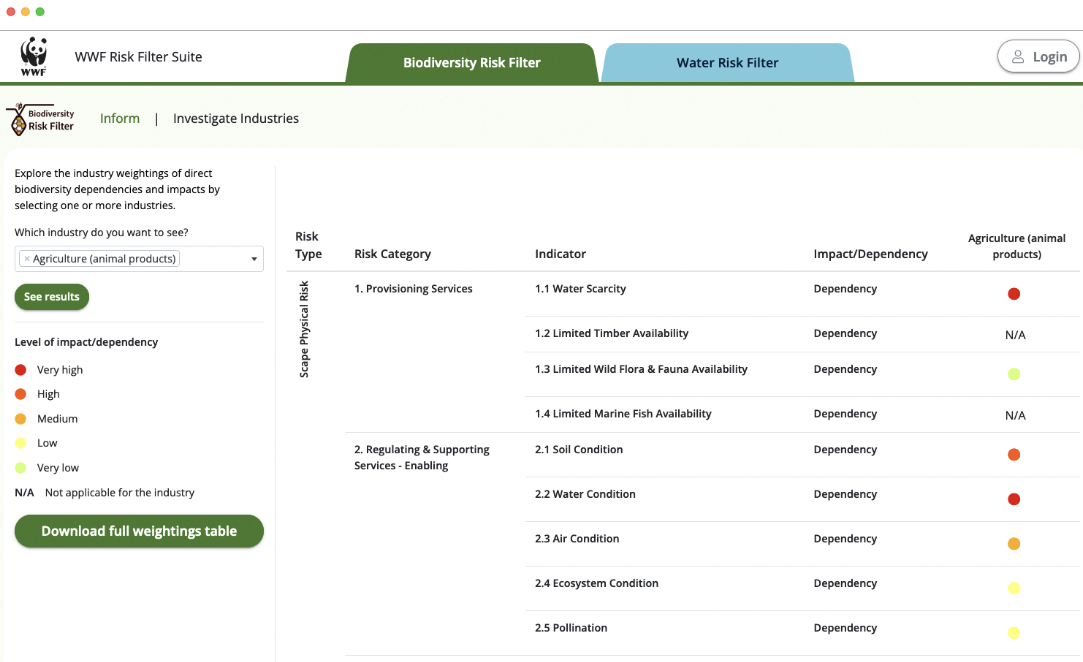
"The new risk filter is an important door opener to make more actors aware of and actively reduce their negative impact on nature. Until now, there has been a lack of tools that support companies with relevant and scientific evidence regarding risks to biodiversity in the value chain and holdings," says Margareta Renström-Lindhe, expert on biodiversity and business at WWF.
You can find the risk filter here.
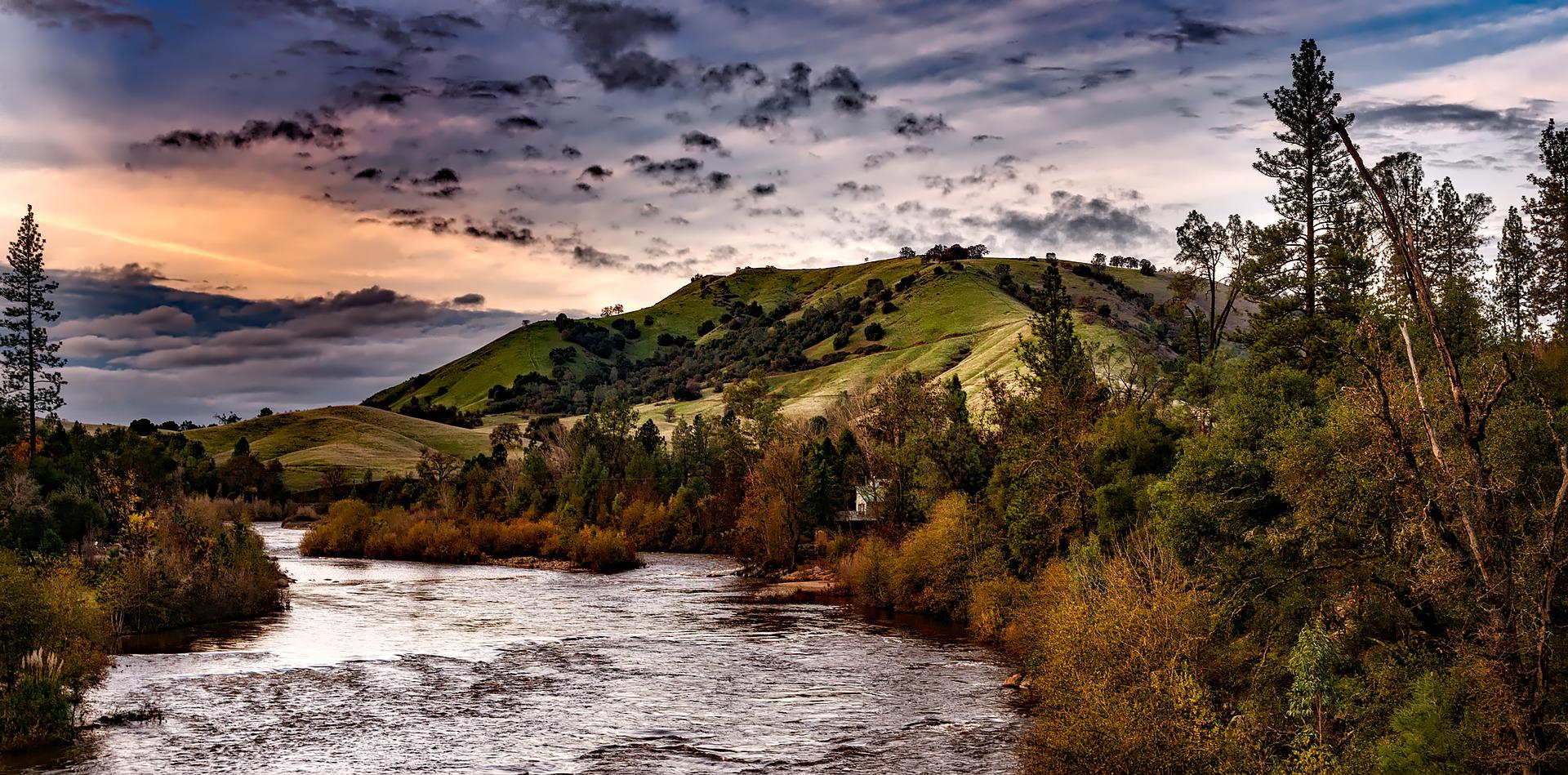
By becoming a premium supporter, you help in the creation and sharing of fact-based optimistic news all over the world.

